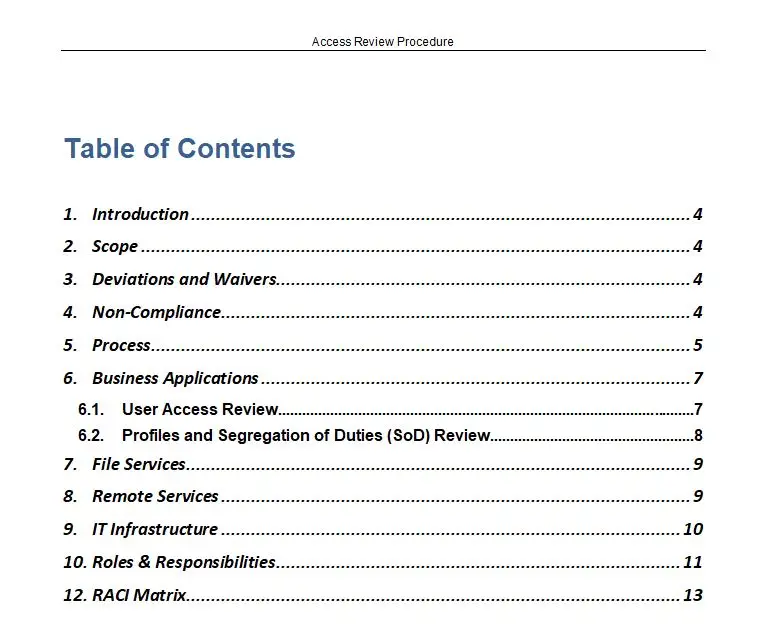Capacity Management Process
In the intricate world of healthcare and information security, where the protection of sensitive data is paramount, the Capacity Management Process emerges as a beacon of efficiency and security. This process is not just a set of procedures; it is a comprehensive framework designed to manage the capacity of systems that store or process Protected Health Information (PHI). As the digital landscape evolves, the need for robust capacity management becomes increasingly critical, especially under the stringent regulations of HIPAA.
At its core, the Capacity Management Process is a meticulously crafted system that ensures healthcare organizations can handle their data demands without compromising security or performance. It is categorized under All Products, HIPAA, and Information Security, highlighting its universal applicability and its specialized focus on safeguarding health information.
One of the key features of the Capacity Management Process is its proactive approach to system management. It anticipates potential bottlenecks and system overloads before they occur, allowing organizations to scale their operations seamlessly. This foresight is crucial in environments where data flow is constant and any disruption can lead to significant operational setbacks.
Moreover, the Capacity Management Process is designed with flexibility in mind. It adapts to the unique needs of each organization, whether they are small clinics or large hospital networks. This adaptability ensures that all systems, regardless of size or complexity, can maintain optimal performance levels while securely managing PHI.
The benefits of implementing the Capacity Management Process are manifold. Firstly, it enhances system reliability, reducing downtime and ensuring that healthcare providers can access critical information when needed. This reliability is vital in medical settings where timely access to patient data can be a matter of life and death.
Secondly, the process significantly boosts operational efficiency. By optimizing system capacity, organizations can reduce unnecessary resource expenditure, leading to cost savings and more streamlined operations. This efficiency is not just about saving money; it’s about reallocating resources to improve patient care and service delivery.
Furthermore, the Capacity Management Process strengthens an organization’s compliance posture. With HIPAA regulations demanding rigorous protection of PHI, having a robust capacity management system in place demonstrates a commitment to data security and regulatory adherence. This not only protects the organization from potential legal repercussions but also builds trust with patients and stakeholders.
The value proposition of the Capacity Management Process lies in its ability to transform how healthcare organizations manage their data infrastructure. It offers a strategic advantage by ensuring that systems are not only capable of handling current demands but are also prepared for future growth. In an era where data is a critical asset, having a reliable capacity management process is not just beneficial; it is essential.
In conclusion, the Capacity Management Process is more than a product; it is a strategic partner in the journey towards efficient and secure healthcare operations. By integrating this process, organizations can achieve a harmonious balance between capacity, performance, and security, ensuring that they are well-equipped to meet the challenges of today and tomorrow.
All GovernanaceDocs documents are developed based on well-known standards such as NIST CSF, ISO 27001, ISO 22301, PCI-DSS and HIPAA.
Hence, You just need to download and selected document and add your company name and logo.










Reviews
There are no reviews yet